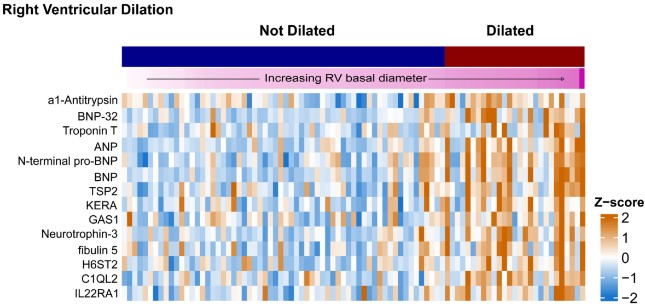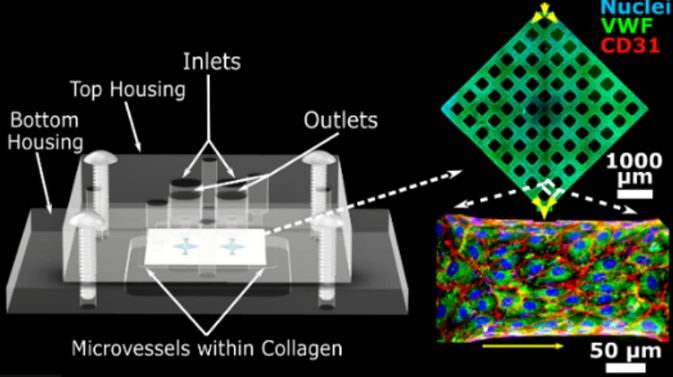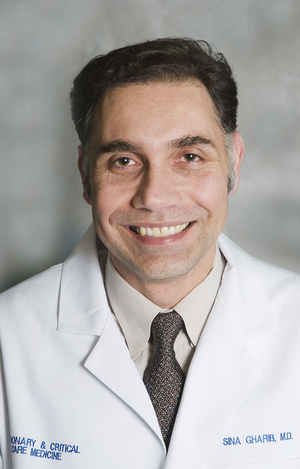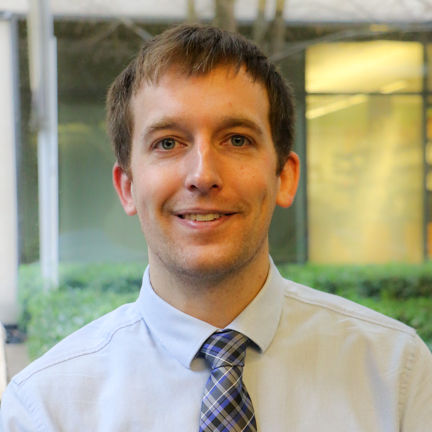The Pulmonary Vascular Disease Program at the University of Washington conducts high-impact research spanning basic, translational, and clinical science. Our research is supported by a robust clinical program focused on pulmonary arterial hypertension (PAH), chronic thromboembolic pulmonary hypertension (CTEPH), and hereditary hemorrhagic telangiectasia (HHT). UW has the only Pulmonary Hypertension Center for Comprehensive Care within the five-state “WWAMI” region. This clinical base, combined with two highly experienced research coordinators, supports biospecimen collection and banking, NIH- and industry-funded trials, and multiple registries - integrating with a robust and growing pipeline of basic/translational pulmonary vascular research within the UW Center for Lung Biology (CLB). Our program fosters strong national and international collaborations with other PAH centers, as well as cross-disciplinary partnerships spanning rheumatology, interstitial lung disease, radiology, nuclear medicine, cardiology, bioinformatics, and more.
Clinical and Epidemiologic Research
Led by Dr. Peter Leary, MD PhD, who has a background in epidemiology and clinical trials, our clinical pulmonary vascular disease research program has directed NIH-funded trials including the REpurposing Valsartan May Protect against Pulmonary Hypertension (REVAMP-PH) trial and the Repurposing Histamine Antagonists to Benefit Patients with PH (REHAB-PH) trial, along with participation in industry-funded trials including the landmark STELLAR trial of Sotatercept in PAH.
UW has been home to the national PHA registry since 2012 (including the majority of nationally accredited pulmonary vascular centers and thousands of patients) and maintains a clinical database and biobank anchored on the AHA and NCATS-funded Seattle Right Ventricular Translational Science (SERVETUS) study. Dr. Leary has directed high-profile epidemiologic work including analyses of care delivery for PAH in the United States and globally.

Translational Research
Drs. Sina Gharib, Hongyang “Jo” Pi, Sam Rayner, and Peter Leary all engage in translational research into pulmonary vascular diseases. Dr. Sina Gharib is Director of the Computational Medicine Core at the UW CLB. He and Dr. Leary run the NIH-funded Multi-dimensional Omics to Characterize Right Heart Adaptation (PH-MOCHA) trial. Dr. Jo Pi is a rising star in pulmonary vascular disease research with an interest in applying multiomics approaches to PAH, including recent high-impact publications on circulating metabolomics and proteomics in PAH. Drs. Rayner and Leary also have an interest in using novel diagnostic techniques to identify disease endotypes in PAH, including via their Proximal Pulmonary Vascular Compliance and Inflammation in PAH (PRO-VIP) trial exploring PET-CT and inflammatory biomarkers in PAH.
Basic Science Research
Dr. Sam Rayner runs a lab out of the UW CLB combining patient-derived cells and bioengineering techniques to model human vascular disease. He was mentored by Dr. Ying Zheng in the Bioengineering Department with whom he maintains active collaboration. Dr. Rayner is particularly interested in modeling how hemodynamic forces promote endothelial and smooth muscle cell dysfunction in PAH. Outside of pulmonary vascular disease, he has ongoing collaboration with Dr. Katie Liu (Plastic Surgery) exploring vascular contributions to human nerve injury and with Dr. Zheng studying pulmonary capillary growth in the context of regenerative medicine.

While we have divided our research into separate domains here, a unique and defining facet of our program is that our investigators collaborate across this full spectrum, from Dr. Rayner’s involvement in clinical trials to Dr. Leary’s contributions to translational and basic research, fostering seamless integration of discoveries from bench to bedside.







